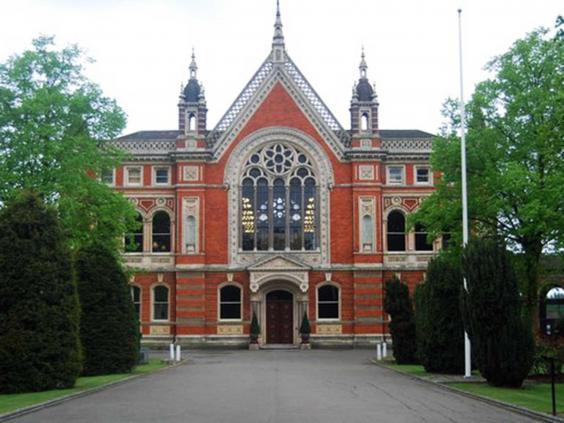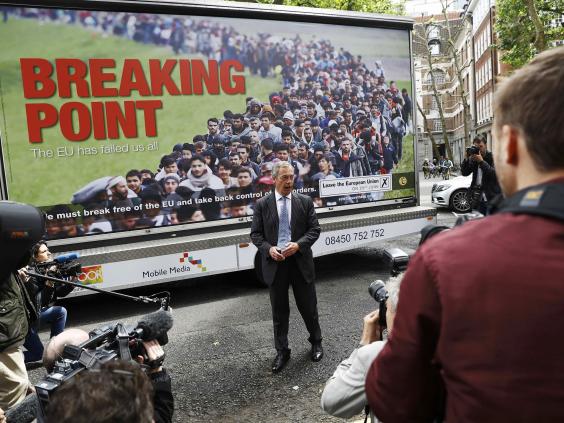The National Minimum Wage (NMW) is a mandated wage floor set by the government to ensure that workers receive a minimum level of pay for their labor. The NMW is designed to protect workers from excessively low wages and promote fair remuneration. Here's an explanation of the NMW, its rationale, its effect on labor markets, and the underlying assumptions:
Rationale behind the National Minimum Wage:
- Poverty Alleviation: The NMW aims to reduce poverty levels by establishing a minimum income level that enables workers to meet their basic needs, support their families, and avoid exploitation.
- Reducing Income Inequality: By setting a floor on wages, the NMW seeks to narrow the gap between low-wage workers and higher-income individuals, promoting income distribution and social justice.
- Ensuring Fairness: The NMW ensures that workers are compensated fairly for their labor and protects them from being subjected to unreasonably low wages, especially in industries where bargaining power may be unequal.
Effect of the National Minimum Wage on Labor Markets:
- Positive Impact on Workers: The NMW can improve the earnings and living standards of low-wage workers, reducing income inequality and enhancing economic well-being. It provides a safety net and may incentivize individuals to enter the formal labor market.
- Potential Job Losses: Critics argue that the NMW may lead to reduced employment opportunities, particularly for low-skilled workers, as firms may be unwilling or unable to afford the mandated wage. This could result in job losses, reduced hiring, or shifts towards automation to replace labor.
- Wage Compression: The NMW may compress wage differentials, as wages at the bottom of the income distribution rise. This could potentially create challenges in wage structures and career progression, affecting workers above the minimum wage level.
- Market Adjustment: Firms may respond to the NMW by adjusting their pricing strategies, increasing productivity, altering their employment practices, or adjusting other non-wage benefits to manage labor costs.
The impact of the NMW on labor markets is contingent upon several assumptions made by economists and policymakers. These assumptions include:
- Competitive Labor Markets: The effects of the NMW are typically analyzed under the assumption of competitive labor markets, where supply and demand forces determine wages. However, if markets are not perfectly competitive, the impact may differ.
- Elasticity of Labor Demand: The effect of the NMW on employment depends on the elasticity of labor demand. If labor demand is highly elastic, a higher NMW may lead to larger job losses. If labor demand is inelastic, the impact on employment may be less significant.
- Labor Substitutability: The degree to which labor is substitutable with other inputs, such as capital or technology, can influence the effect of the NMW. Higher substitutability may result in firms replacing labor with other factors, potentially leading to job losses.
- Compliance and Enforcement: The effectiveness of the NMW depends on the ability to enforce compliance. If firms can easily evade or circumvent the minimum wage requirement, the impact on labor markets may be limited.
It's important to note that the impact of the NMW may vary across different countries, sectors, and economic conditions. The effectiveness and consequences of the NMW require ongoing evaluation and consideration of these assumptions and empirical evidence to inform policy decisions.
---
The impact of the national minimum wage (NMW) extends beyond workers and can affect other economic agents and the wider economy. Here are some key impacts:
Employers and Businesses:
- Increased Labor Costs: The NMW raises labor costs for employers, especially those who employ a large number of low-wage workers. Businesses may need to adjust their budgets and allocate more resources to wages, potentially impacting profitability.
- Pricing and Cost Adjustments: To offset the higher labor costs, businesses may increase prices for their goods or services. This can lead to increased inflationary pressures in the economy, affecting consumers' purchasing power and overall price levels.
- Changes in Workforce Structure: Faced with higher labor costs, businesses may make strategic decisions to restructure their workforce. This could include reducing hours, downsizing, automating certain tasks, or reallocating resources to more productive areas.
Consumers:
- Cost of Living: If businesses pass on the increased labor costs to consumers through higher prices, the NMW can contribute to a higher cost of living. This may impact consumers' purchasing power, particularly for those on fixed or lower incomes.
- Income Distribution: The NMW can help narrow income inequality by raising the wages of low-paid workers. This can potentially enhance the disposable income of low-wage workers, leading to increased consumption and improving their overall well-being.
Government:
- Tax Revenues: The NMW can affect government tax revenues. Higher wages may result in increased income tax revenue as workers move into higher tax brackets. Additionally, higher wages may reduce the number of individuals eligible for certain social welfare benefits, leading to potential cost savings for the government.
- Social Welfare Spending: If the NMW lifts some workers above the income threshold for certain social welfare programs, government spending on income support programs may decrease.
Overall Economy:
- Aggregate Demand: The NMW can have an impact on aggregate demand. Higher wages for low-income workers can boost their purchasing power, leading to increased consumer spending. This, in turn, can stimulate overall economic activity and contribute to economic growth.
- Productivity and Human Capital: The NMW can incentivize businesses to invest in training and skill development for their workers to enhance productivity and justify higher wages. This investment in human capital can have positive long-term effects on the overall productivity and competitiveness of the economy.




